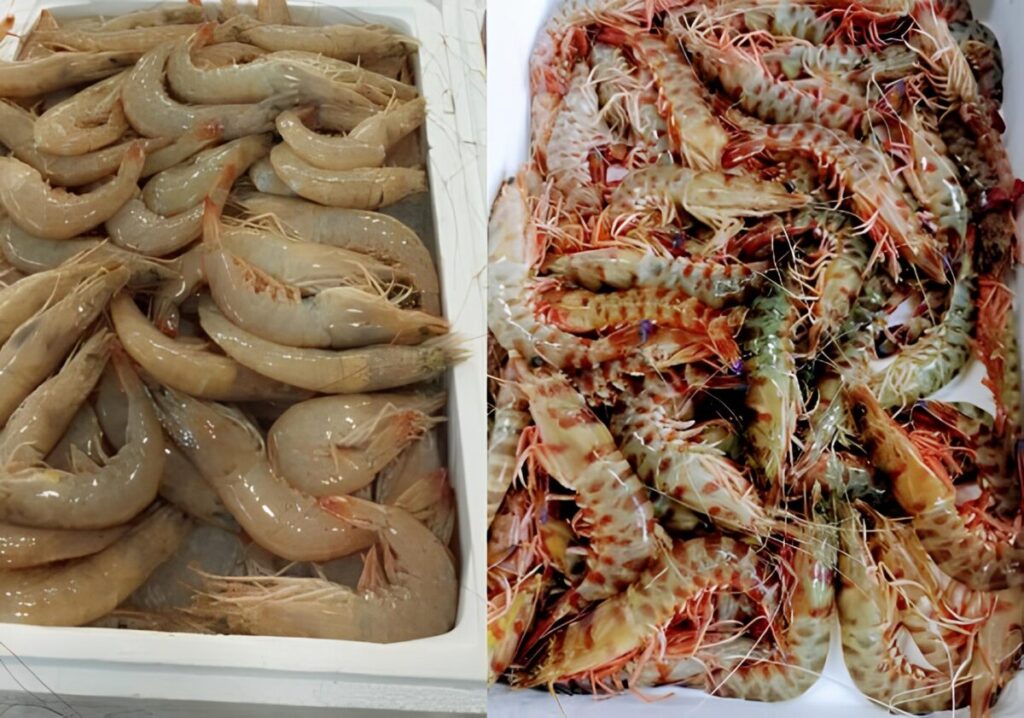At the end of March, the international SOS Ocean summit took place in Paris, a prelude to the United Nations Ocean Conference, organized in Nice from June 9 to 13. An opportunity for NGOs to alert, once again, about the threats facing all seas. The culprits are certain fishing methods like trawling, which put Mediterranean countries on the front line. Greece's traditional fishing is thus threatened with extinction.
For more than three millennia, Greek fishermen have traversed the waters of the Aegean and Ionian Seas, pursuing a tradition at the heart of their culture. How can a profession that has survived wars, empires, and crises now face extinction in the 21st century? Traditional Greek fishing, which once nourished generations and inspired myths, struggles for its survival. Today, this way of life is on the verge of disappearing: young people are turning to other career choices, and fish are becoming increasingly rare. The observation is clear; the population of professional fishermen has dramatically decreased in recent decades, while overfishing and the climate crisis have led the sector into a deadlock. Can fishing be saved, or is it at risk of becoming a romantic memory in travel guides?
A Difficult Profession
Panagiotis Karavetis has been line fishing in the northern Aegean Sea for thirty-seven years. He started at the age of just 15, at a time when working conditions were much more difficult. Today, he says, boats have been modernized, manual labor has decreased, but the biggest problem is that fishermen are aging and young people are no longer interested in this profession.
“I am not optimistic about the future of fishing in the country. We, Greek fishermen, are already few in number. Today's youth are looking for a more 'normal' job, with hours that allow them to have free time and go out at night. Fishing requires a completely different lifestyle. You have to get up at 4 a.m. and, after work, rest so that the next day, you have a clear mind to make the right decisions in case of a storm, without endangering your life and that of those who work with you.”
Giorgos Lianos also expresses concerns about the viability of the profession, having worked as a coastal fisherman for twenty-five years. Among the 9,000 coastal fishermen currently in Greece, nearly 2,000 wish to leave their profession. A clear indicator of the current situation. “Income is hard to come by, and many fishermen sell their boats because they cannot support their families,” he states. He himself fishes with a small six-meter boat in the southern Euboea Gulf and in the Saronic Gulf. His income is not stable; one day he might earn 500 euros, and for the next twenty days, at most 30 euros, an amount that often barely covers fuel costs.
Climate Crisis
In addition to the lack of interest in the profession and the accompanying economic insecurity, the climate crisis also plays a significant role. The increase in sea temperature has led to the invasion of exotic species from the Indian and Pacific Oceans, such as the lionfish (Pterois miles). “They consume large quantities of juveniles, disrupting the environment in which local fish live. They also destroy nets and fishing gear, leading to new expenses,” emphasizes Giorgos Lianos.
The rise in water temperatures also affects the northern Aegean Sea. According to Panagiotis Karavetsos, this year is difficult for cod, dentex, grouper, and sea bream. “The intense sunlight observed even during the winter months, along with the change in sea temperature, drives the fish away. They seek elsewhere the conditions necessary for their survival.” He also notices the arrival of exotic species, including a different type of shrimp, white in color, which has nothing to do with the traditional shrimp from the Thracian Sea. For now, it does not threaten other regional varieties, but it worries the fishermen.
Fishing Tourism
In recent years, many traditional fishermen struggling to make ends meet with their work have turned to fishing tourism (pescatourism) as an alternative source of income. This involves allowing tourists to participate in outings with professional fishermen. They not only observe the fishing process but often actively participate, learning techniques and enjoying the sea. To engage in this field, professionals adapt their boats accordingly, equipping them with comfortable seats, shade, and safe means for boarding and disembarking.
Traditional fishing in Greece, despite the difficult conditions it faces, remains an integral part of the country's cultural heritage. To ensure its viability and revitalize it, targeted political decisions must be made quickly. This includes establishing strict environmental regulations, supporting artisan fishermen through economic incentives, and investing in sustainable technologies.

Featured Photo: Panagiotis Karavetes' boat sailing in the Thracian Sea © Panagiotis Karavetis
